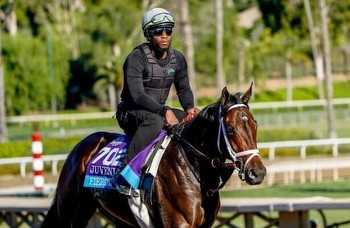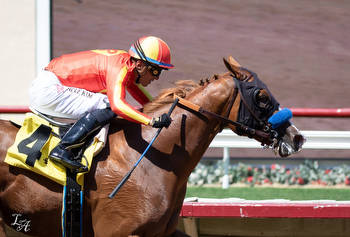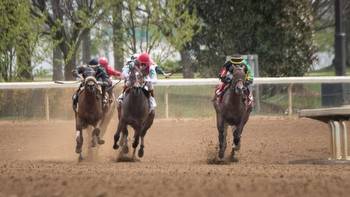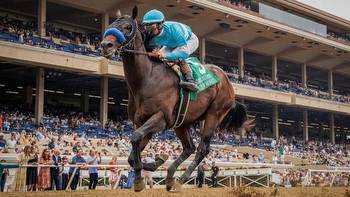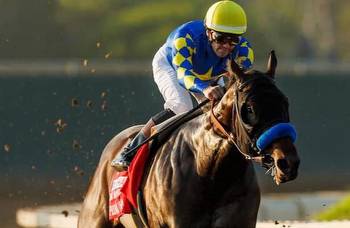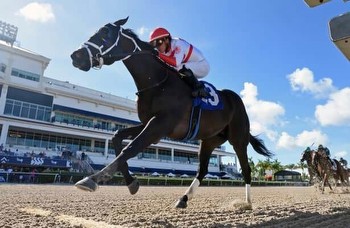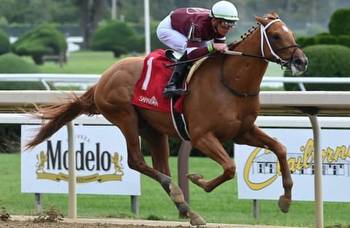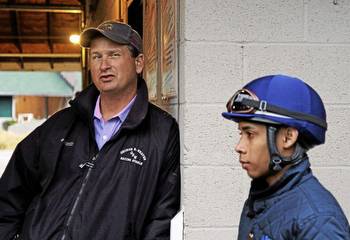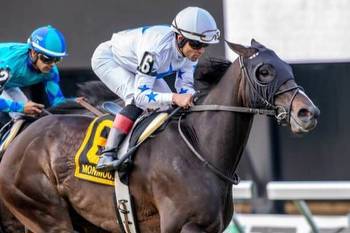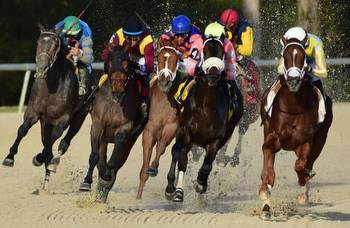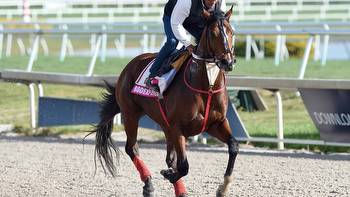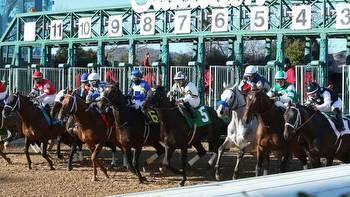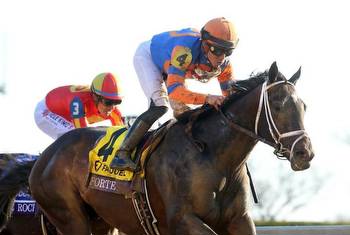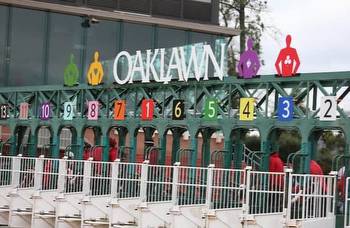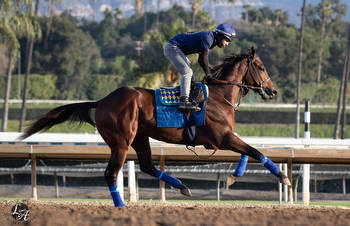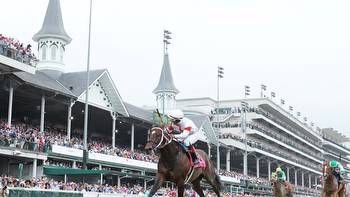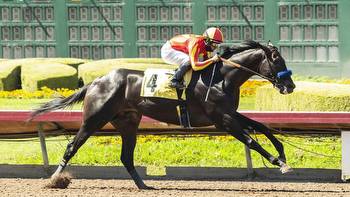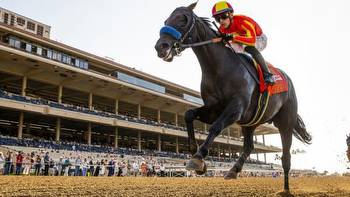Sometimes, it pays to excuse a disappointing first race
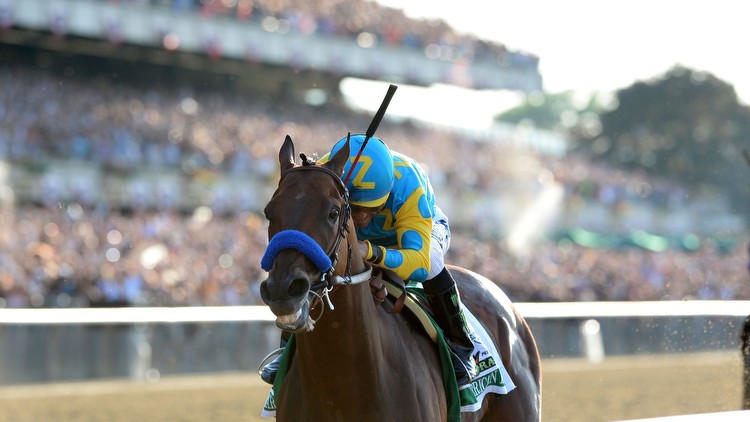
If a young horse disappoints when well-bet in their first start, it can pay to take a forgiving view of the performance and assume they’ll run better second-time out.
We’re not talking about horses who finish an OK third in their first start, or a close fourth. We’re talking about short-priced runners who fare so poorly on debut that you have to wonder if something went wrong. If a horse like this comes back against similar or tougher competition for their second start, they may bounce back with a much stronger performance.
One of the most famous examples is American Pharoah, who finished fifth as the 7-5 favorite when debuting in a 6 1/2-furlong maiden special weight at Del Mar. One month later, American Pharoah stepped up in class for the seven-furlong Del Mar Futurity (G1) and received somewhat surprising betting support, starting as the 16-5 second choice. The result? American Pharoah romped home on top by 4 3/4 lengths, the first of eight consecutive victories highlighted by a sweep of the 2015 Triple Crown.
Remember Tapwrit, winner of the 2017 Belmont (G1)? He was the 5-1 third choice when debuting in a seven-furlong maiden special weight at Saratoga, but he faded steadily to finish last by 18 1/4 lengths. It was an inexplicably bad performance, but it didn’t stop Tapwrit from bouncing back two months later to win a one-mile maiden special weight at Gulfstream Park West as the 18-5 second choice.
Brody’s Cause was the 33-10 second choice when he debuted in a one-mile maiden special weight over the Ellis Park turf course, but he was never closer than 10 3/4 lengths off the lead and ultimately finished eighth by 25 1/4 lengths. The bettors who backed him on debut should have stuck around when Brody’s Cause switched to dirt for his second start, a one-mile maiden special weight at Churchill Downs. A last-to-first rally sent Brody’s Cause to the winner’s circle at 33-1, and he later added the Breeders’ Futurity (G1) and Blue Grass (G1) to his decorated record.
Another excellent example occurred just last week. A two-year-old colt named Timberlake was favored at 5-4 to win a seven-furlong maiden special weight at Ellis Park, even though he’d run sixth as the even-money favorite when debuting in a 5 1/2-furlong contest over the same track and class level. It turns out bettors were wise to forgive Timberlake’s disappointing debut and bet him heavily again, for in his second start he led all the way to dominate by 9 1/4 lengths.
The next time you see a short-priced horse run way below expectations on debut, add them to your watch list. There’s a chance they’ll turn things around next time, perhaps (as in the Brody’s Cause example) at very nice odds.
